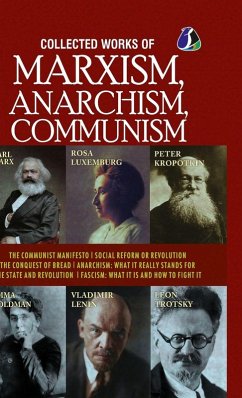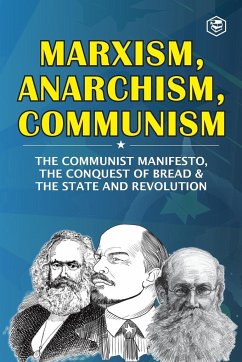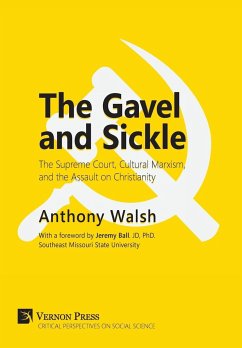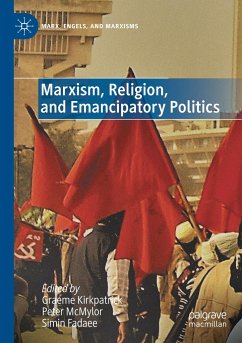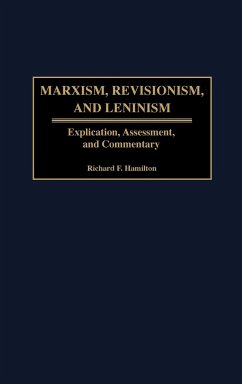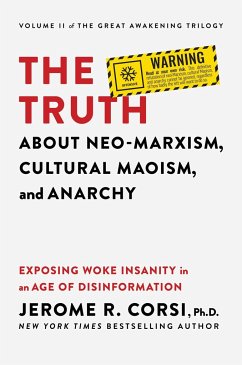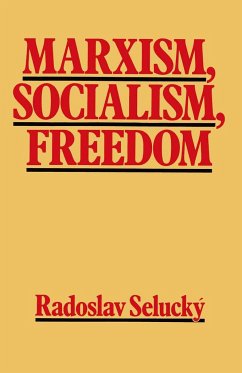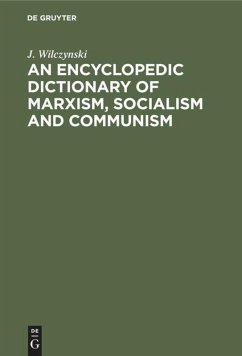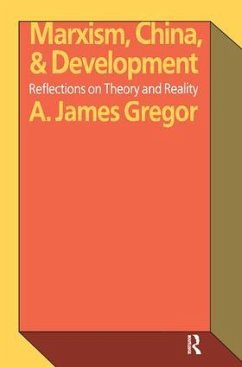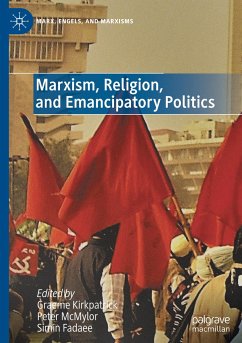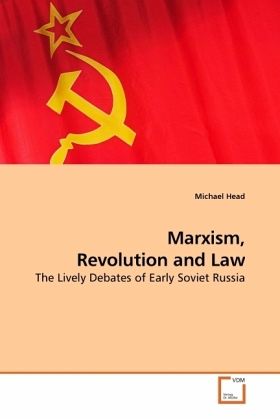
Marxism, Revolution and Law
The Lively Debates of Early Soviet Russia
Versandkostenfrei!
Versandfertig in 6-10 Tagen
52,99 €
inkl. MwSt.

PAYBACK Punkte
26 °P sammeln!
The 1917 Soviet Revolution in Russia was an attempt to fundamentally reorganise economic, social and legal life along anti-capitalist, participatory and egalitarian lines. This book examines the vibrant debates and conflicts over the role of the law in the early days of the Russian Revolution. It considers the antithesis between the classical Marxist thesis that the state and the law will become redundant with the successful development of communism, a view that prevailed in the early Soviet legal debates, and the program imposed by the Stalinist dictatorship in the 1930s. In order to understa...
The 1917 Soviet Revolution in Russia was an attempt to fundamentally reorganise economic, social and legal life along anti-capitalist, participatory and egalitarian lines. This book examines the vibrant debates and conflicts over the role of the law in the early days of the Russian Revolution. It considers the antithesis between the classical Marxist thesis that the state and the law will become redundant with the successful development of communism, a view that prevailed in the early Soviet legal debates, and the program imposed by the Stalinist dictatorship in the 1930s. In order to understand this contrast, this volume seeks to present a Marxist, that is to say, Trotskyist, analysis of the jurisprudence of the Russian Revolution. In sum, it endeavours to explore and clarify the decisive experiences of early Soviet Russia, from the standpoint of revolution and law. This study, shedding fresh light on much-neglected issues, should be of vital interest to students, scholars and the general public.



